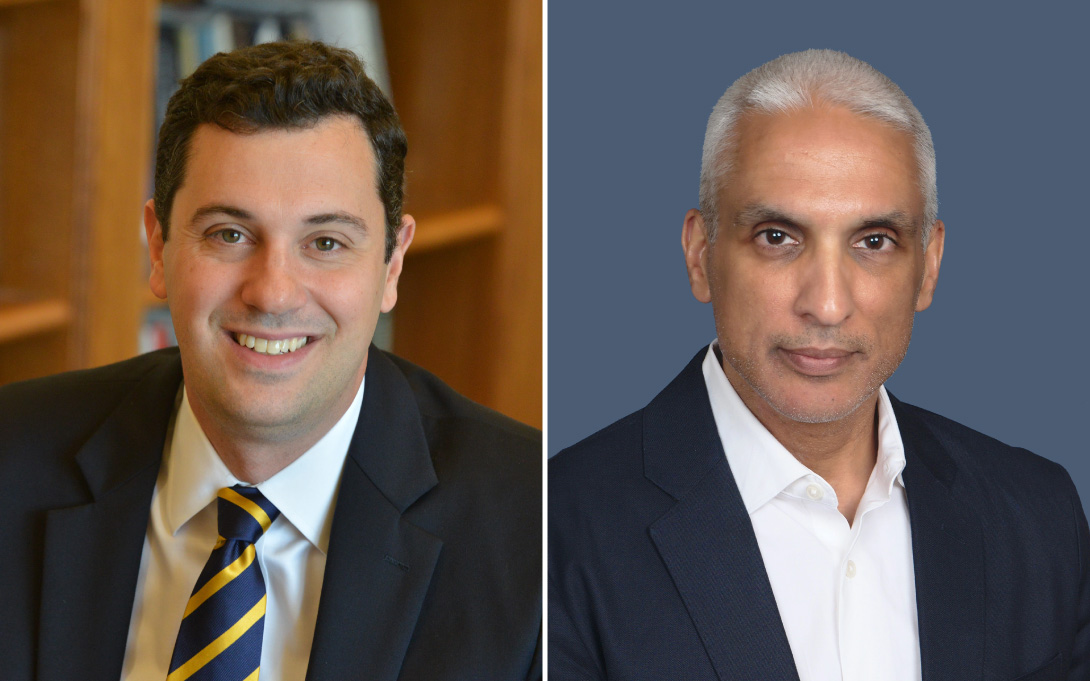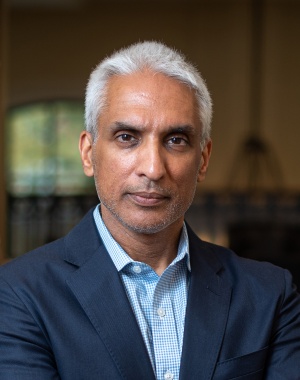
Ford School experts have been commenting on the Hamas attacks on Israel:
John Ciorciari is a professor of public policy at the Ford School of Public Policy whose research focuses on international law and politics in the Global South.
"The last few conflicts in Gaza have remained fairly localized, but this war may well be different," he said. "Whether or not Iran directly sponsored the Hamas attacks, it will try to use the conflict to drive a wedge between Israel and the Arab Gulf States. Hezbollah operations against Israel could quickly extend the war to Lebanon, which has teetered on the edge of turmoil for years, and pour gasoline on the continuing civil war in Syria.
"The war may also exacerbate troubling trends within Israel, giving Netanyahu an opportunity to further weaken domestic checks and balances in the name of national security. The casualties inflicted on Gaza may also reignite radical movements in the region.
"The United States has been on the sidelines of some recent developments in the Middle East, such as the deal between Saudi Arabia and Iran, but will need to play a central diplomatic role to help keep this war from metastasizing at a time when the Ukraine war is already straining Western political capital."
Javed Ali, associate professor of practice at the Ford School of Public Policy, is a former senior U.S. government counterterrorism official.
"Saturday's attacks by Hamas were unprecedented in the history of Palestinian violence against Israel and was a sophisticated operation that likely had been planned for months if not longer," Ali said. "The combined air, land and sea components reportedly involved hundreds of Hamas fighters, a range of attack capabilities, and different objectives for different targets in Israel—a far cry from earlier attacks that were smaller in nature, less complex and more restrained.
"Given these features, it was very likely Iran played a significant role in supporting or guiding the attack given long-standing relationships with Hamas and other Palestinian groups that stretch back to the 1980s. Despite the broad scope of the operation, the apparent lack of tactical warning or other indicators in advance suggest a high degree of operational security that allowed the planning to remain undetected and shortcomings in Israeli intelligence.
"The United States confronted a similar situation in the aftermath of the 9/11 attacks and had to implement a host of reforms to address key intelligence and policy gaps that took years to develop or implement. Israel will likely have to adopt the same approach to ensure this does not happen again."
Ali also appeared on several news outlets in the first days of the conflict:
Intelligence failure, CBC, October 9, 2023
Iranian objectives probably played a role as well, in terms of sending a message to Israel that Israel's warming up of its relations with different Arab countries in the region, including potentially this historic agreement with Saudi Arabia, may be red lines to Iran. Whatever the intentions of Hamas and Iran, they now have to live with the consequences, and have to bear the responsibility."
Analyzing the Hamas attack on Israel, CBS Detroit, October 9, 2023
"Even though there is no definitive information yet, at least that's been publicly released, that suggests that Iran was indeed ultimately responsible for this, just knowing the history of Iranian support for Palestinian groups like Hamas and Palestinian Islamic Jihad, and certainly with the relationship with Hezbollah, and given the scope and complexity of this attack, and the impact of it, I just don't think that Hamas operating on its own could pull off something of this level. So I do tend to lean in the direction that the Iranians supported it, enabled it, guided it, and that is, in itself, a deeply troubling aspect of an operation that has caused so much suffering."
WJR Radio, October 9, 2023
Looking at the events over the weekend this is unprecedented. There are lots of issues that are under the surface, but at least for this operation which it appears Hamas has launched, they’ve never pulled off anything this complex and devastating in terms of impact. I suspect as the days and weeks unfold, we are going to find out if the Iranian government had any role in directing or supporting that.
There is the potential based on some of the decisions the Israelis make concerning operations outside of Gaza. If the Israeli government is going to hold Iran accountable, what does that mean and what are the the targets they might want to strike and how would they pull them off without triggering another wave of aggression.
Israel updates: 'We are at war,' Israel's Netanyahu says as Hamas launches surprise multi-front attack, USA Today, October 7, 2023
Former U.S. national security and counter-terrorism officials expressed shock at the scope of the assault, and the coordination it must have required. They also questioned whether it was a colossal intelligence failure by the Israel government.
"Today's attack by HAMAS on Israel is unprecedented given the scope and complexity of the operation into Israel. Rather than a single terrorist attack, this was a complex operation that involved commando teams and rocket attacks against multiple targets,” Javed Ali, a former senior U.S. counterterrorism official at the FBI, White House and National Security Council in the Trump administration, told USA TODAY.
“As a result, it must have required deliberate planning over a long period of time, and could have involved coordination and operational support from Iran, which has long provided the group with weapons and money,” Ali said. “Lastly, given the broad nature of the operation, the fact that Israel appears to have lacked advance warning is surprising, given Israel's excellence in intelligence and domestic security."
